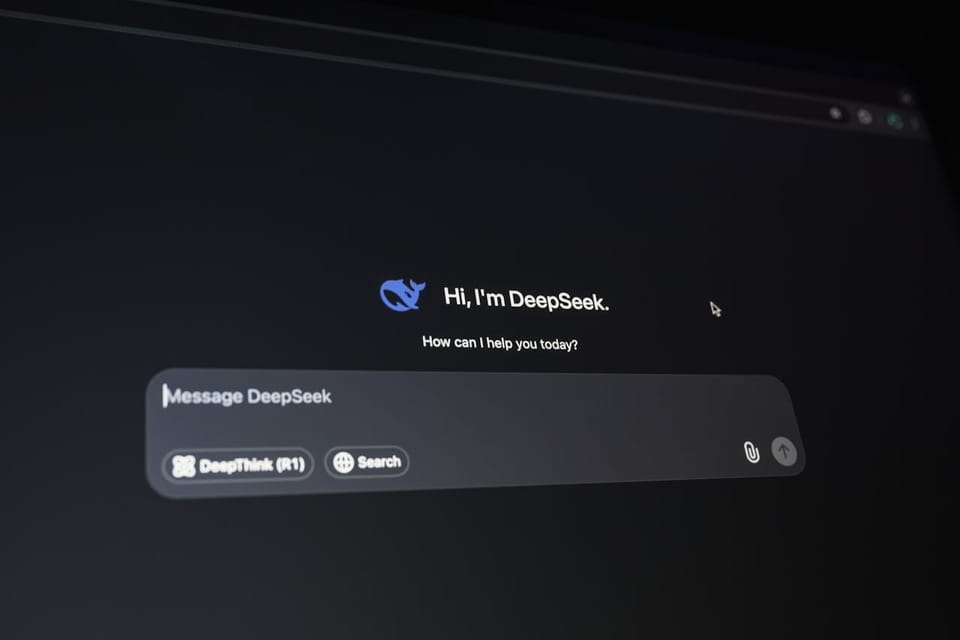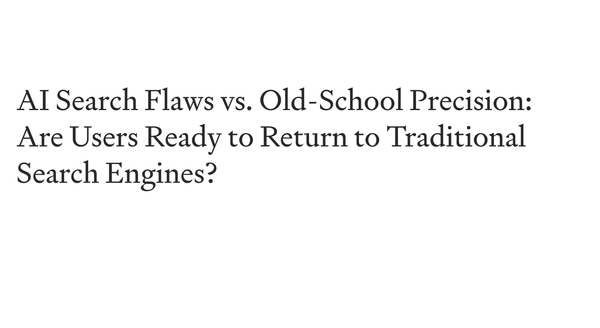DeepSeek: What We Found Out (and What Nobody’s Care To Talk About)
Table of Content
Alright, so let me just say this upfront—this past week in our local AI Club has been a rollercoaster. We dived headfirst into DeepSeek, the AI assistant that’s somehow managing to freak out companies like OpenAI and NVIDIA, while also being the target of every possible propaganda campaign under the sun.
If you don’t know what DeepSeek is, you’re not alone. Most of us in the club were pretty clueless too. It’s this Chinese-developed AI model that somehow punches way above its weight. You can run its models totally offline, which, honestly, blew my mind. Like, imagine having the power of something like ChatGPT but without the internet constantly peeking over your shoulder.
The first time I loaded up the DeepSeek R1 model, I didn’t expect much. I’m used to heavyweights like GPT-4, so I was ready to nitpick. But here’s the thing—it’s FAST. Like, "where have you been all my life?" fast. And it doesn’t chew through your hardware the way GPT does. I mean, my modest GPU setup wasn’t crying for mercy for once.
The Drama: Why Is DeepSeek Under Fire?
Let’s be real. The second anything successful comes out of China, the world starts losing its collective mind. And DeepSeek? It’s no exception. People are saying it’s stealing user data, copying GPT’s architecture, and some wild claims about it being a tool for the Chinese government.
Is any of that true? Well, I don’t buy it. For starters, you can literally run DeepSeek offline, so unless your laptop is snitching on you, your data isn’t going anywhere. I get why people are wary, but the accusations feel... overblown.
And then there’s OpenAI. They’ve straight-up accused DeepSeek of copying GPT, which feels rich considering how OpenAI’s been locking down its once "open" platform behind paywalls. I mean, who’s really the villain here? You can read more about that drama here, but honestly, it reeks of corporate fear.
My Honest Take: Running DeepSeek Felt Different
Here’s the thing—DeepSeek isn’t perfect. It’s not as polished as GPT or Claude 3 when it comes to handling creative tasks. I threw some prompts at it that I usually use for brainstorming blog ideas, and the results were... meh. But when it came to logical tasks and problem-solving, it shined.
For example, I asked it to generate a workflow for automating some backend processes for a healthcare app I’m working on. It nailed it. Fast, accurate, and not overly verbose like GPT tends to be.
Fun fact: One of our AI Club members tried to run a massive dataset through it and forgot to configure the memory limits. The whole thing crashed, and we ended up troubleshooting for an hour. Not exactly a smooth experience, but hey, that’s part of the fun, right?
The Elephant in the Room: Alibaba’s Qwen
Let’s not forget DeepSeek isn’t the only Chinese AI making waves. Alibaba’s Qwen model is another big player, and it’s causing some serious panic among American companies. Unlike GPT, Qwen and DeepSeek are optimized for efficiency—they don’t need NVIDIA’s ultra-expensive GPUs to function.
And speaking of NVIDIA, did you know their stock took a hit because of these models? This article really lays it out. It’s funny how the market reacts when something threatens the status quo.
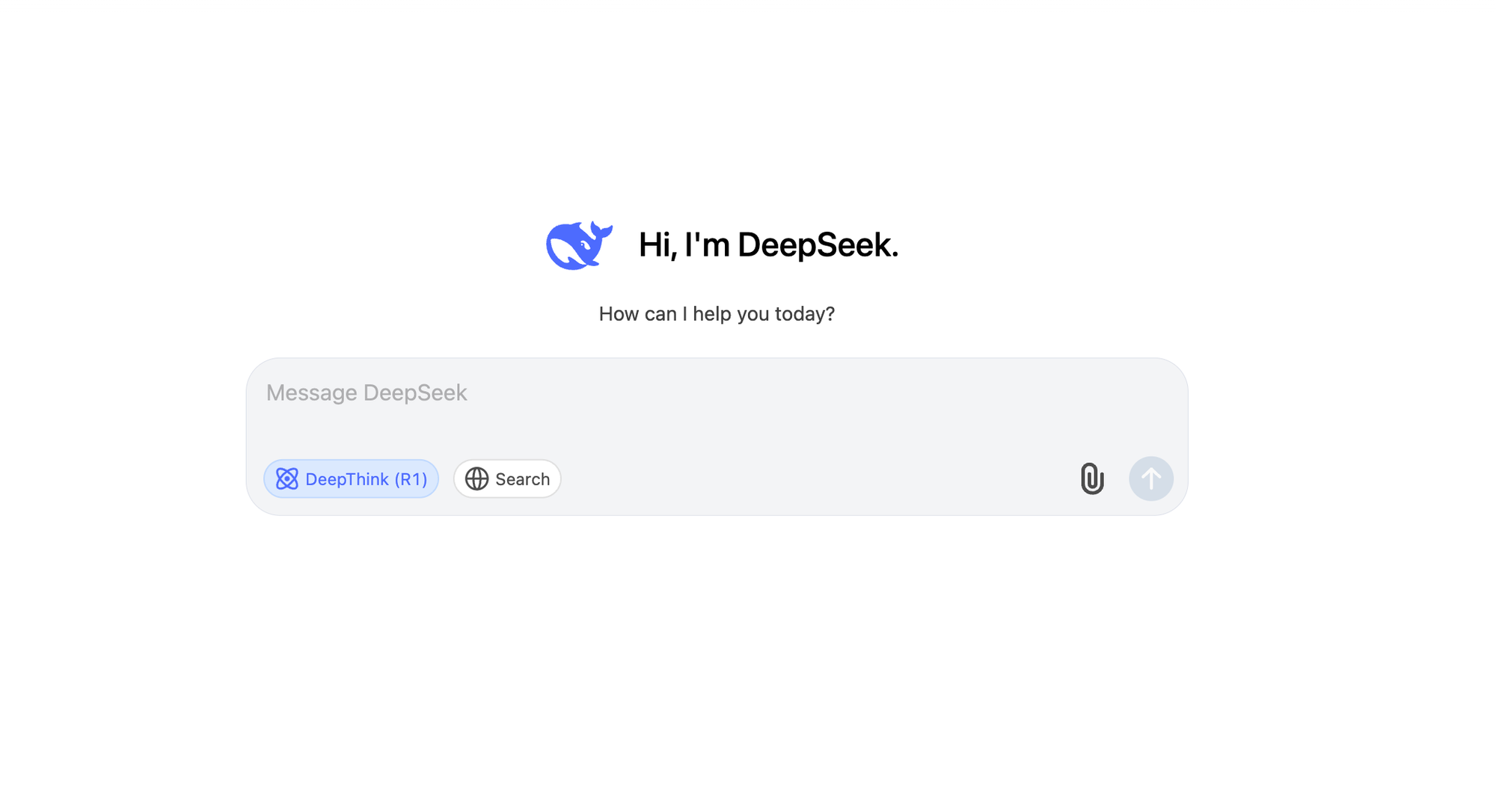
What About All the Propaganda?
So, is DeepSeek really stealing your data? No. Is it spying on you for the Chinese government? Also no. But man, the rumors are relentless. I saw some posts on Twitter claiming that using DeepSeek is like handing over your personal info to "the enemy." Like, really?
Here’s the thing—every major AI tool has its share of risks, but DeepSeek’s open-source nature and offline capabilities make it less risky than GPT in a lot of ways. At least with DeepSeek, you know what’s running under the hood. GPT? Good luck digging into that black box.
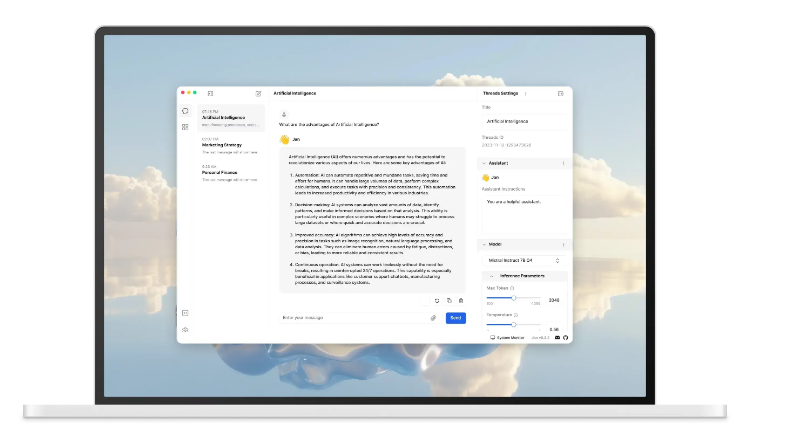
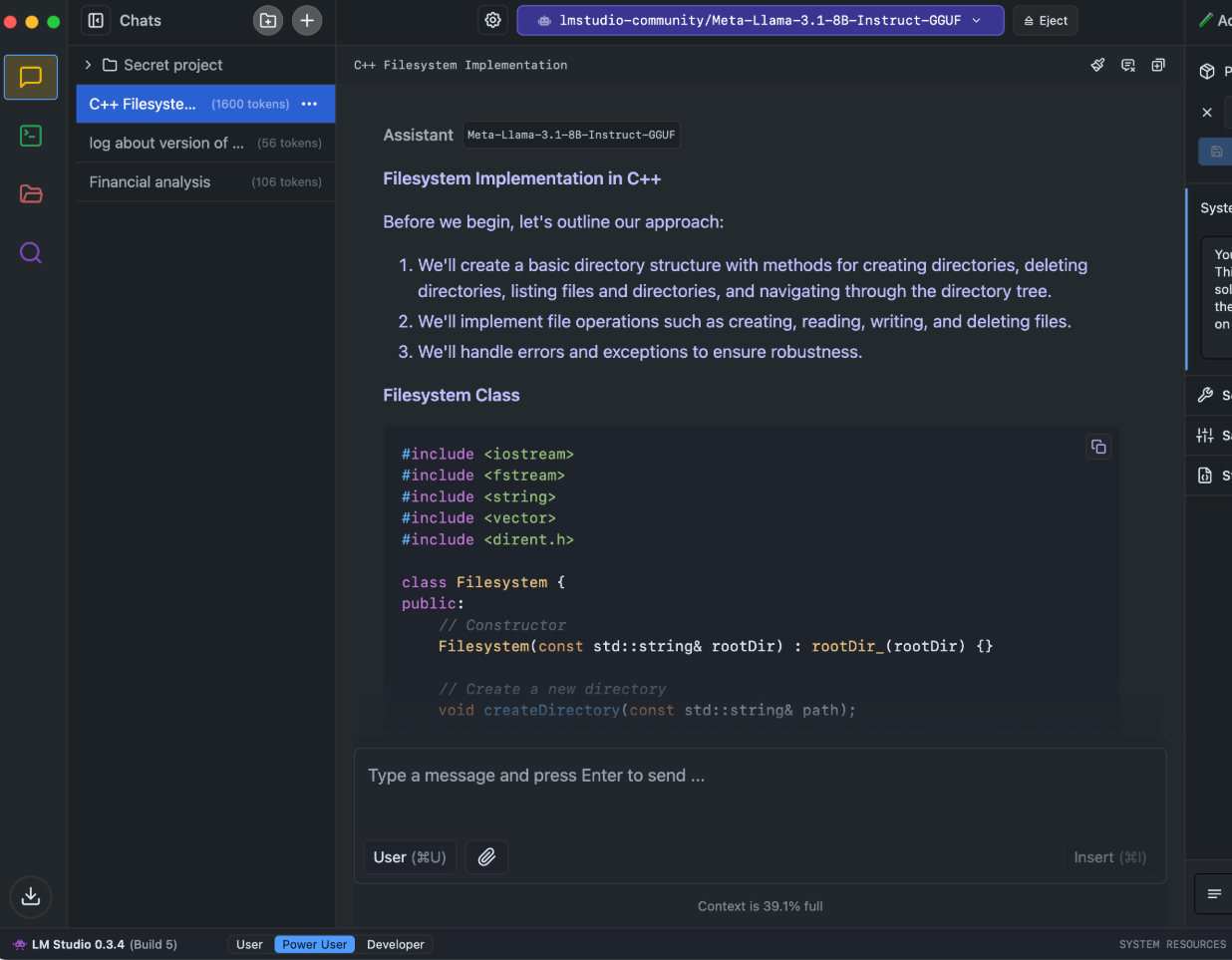
Should You Care About DeepSeek?
If you’re someone who wants an AI that respects your privacy and doesn’t demand a subscription fee every five seconds, DeepSeek is worth looking into. It’s not going to replace GPT for creative writing or brainstorming anytime soon, but for logical tasks and problem-solving, it’s a beast.
In our AI Club, we’ve decided to keep experimenting with it—especially its potential for privacy-focused applications in industries like healthcare and law. The propaganda and corporate backlash just make me think DeepSeek is onto something. If it wasn’t shaking things up, nobody would care.
So yeah, give it a shot. Worst case? It doesn’t work for you. Best case? You find a new favorite tool that doesn’t sell your soul to the cloud.
This was a messy week, but honestly, I loved every second of it. AI is moving fast, and tools like DeepSeek are proof that the future isn’t just for the big names. It’s for anyone willing to innovate.

